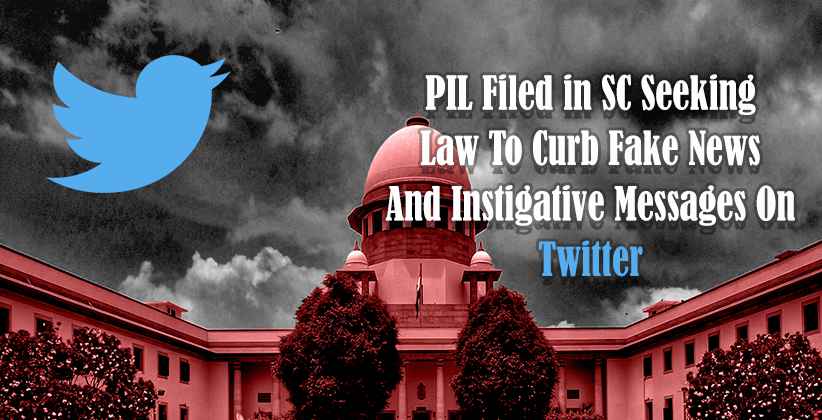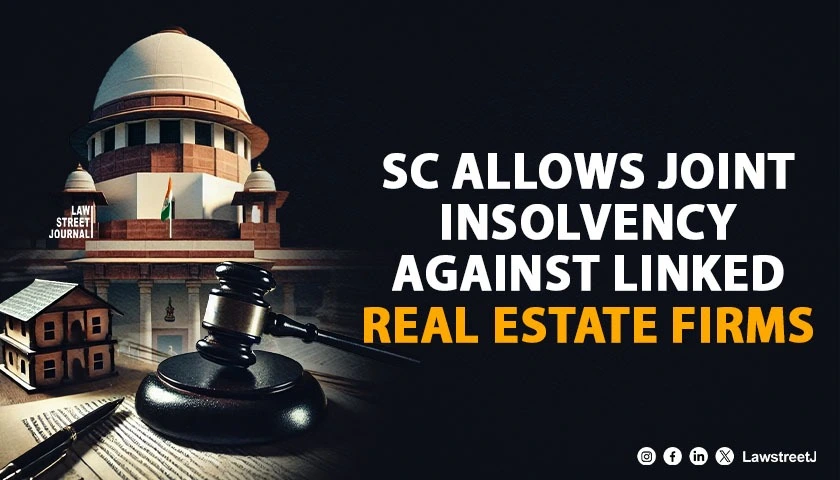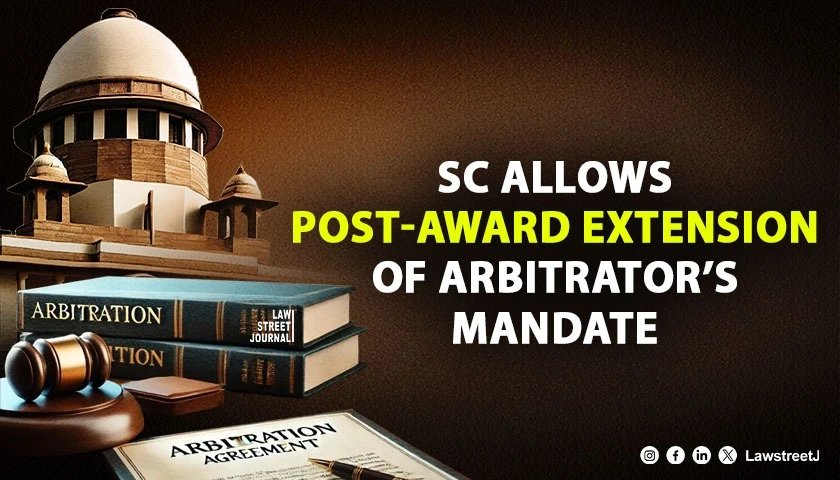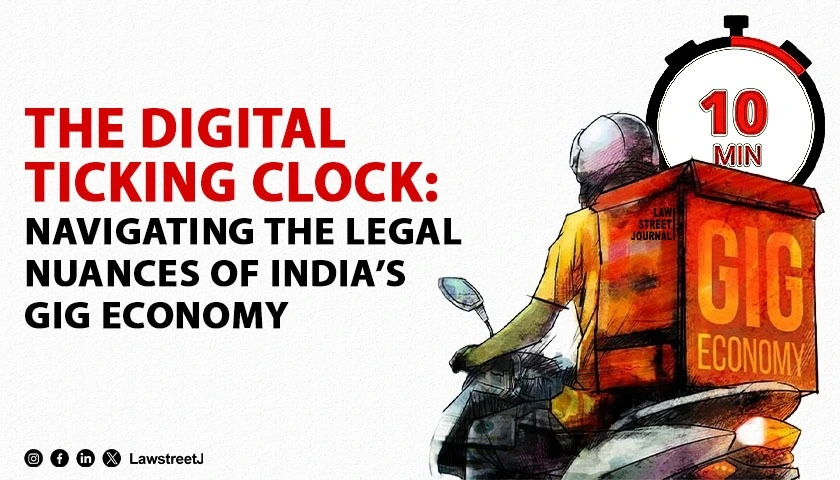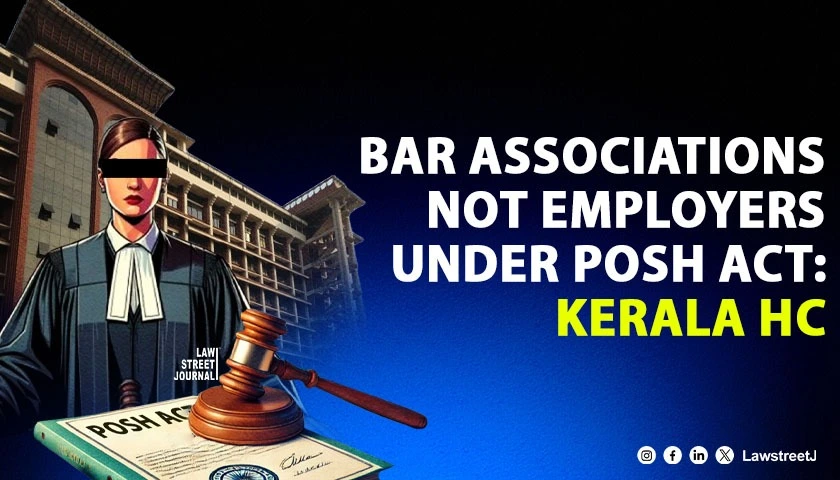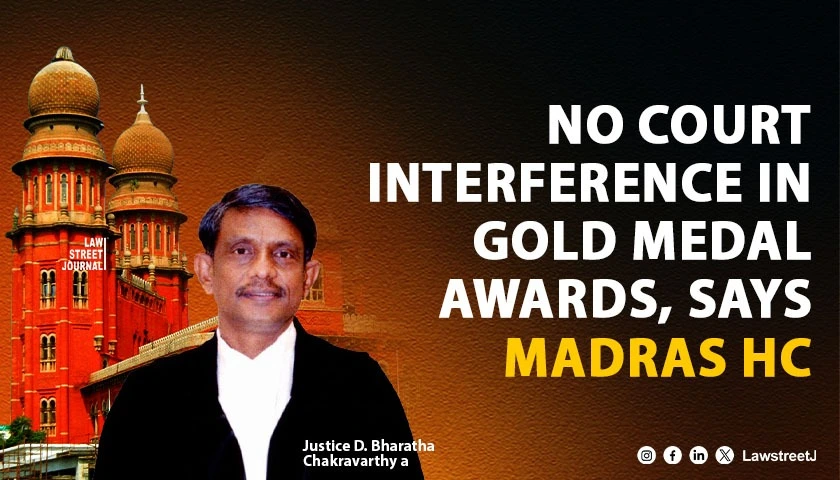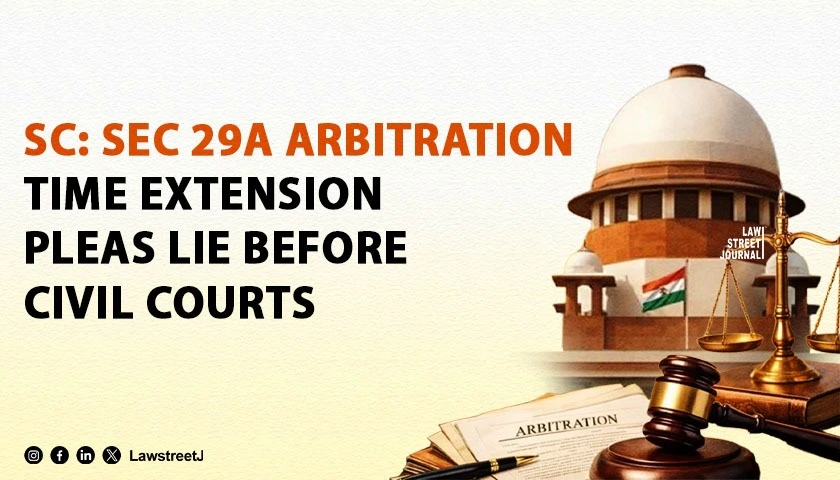Vinit Goenka, a BJP leader has filed PIL under Article 32 of the Constitution of India in Supreme Court on May 21, 2020, to direct the Union of India to devise a mechanism to keep a check on fake news and instigative messages that are circulated by social media.
He has submitted in the petition that he had filed a representation before the concerned authority to act in accordance with the law of the country against the social media giant Twitter. He also submitted that no action has been taken so far by the concerned authorities.
Goenka further informed the SC that in the absence of any mechanism or law prohibiting Twitter Inc. and/or Twitter Communications India Pvt Ltd. and other similar social media platforms from spreading, circulating, amplifying in the form advertisement or otherwise which are spreading separatist agenda, seditious material, hatred amongst communities, instigative, divisive against the society at large, have become a threat to national security and the same is against the spirit of the Union of India.
He alleged that in the absence of any action from the UOI, the separatists are using the platform of Twitter to communicate the message which calls upon breaking of India, and Twitter has abated the act by accepting financial ratification and paid advertisements.
He further submitted that as per the International Covenant on Civil and Personal Rights Act (ICCPR Act), the State is required to prohibit such type of hate speeches or advertisements. He also informed the Court that as per the powers given in the ICCPR Act under Article 19 & 20, the State of Germany has enacted a law known as the Network Enforcement Act, 2017 to stop this kind of hate speech or advertisements.
He further alleged that the Global Terror Groups like ISIS, Al Qaeda, and Indian Mujahiddin are using the platform of Twitter and other social networking platforms to circular hate speeches because it helps them avoid detection. He also alleged that in India, there have been numerous examples when fake videos and hate messages were circulated through this platform which led to communal strife.
He further submitted that Twitter assumes that as a platform they are not governed by the Indian Constitution and can operate with impunity and therefore, it makes a compelling ground for a new law to deal with such kind of hatred and divisive messages.
He also submitted that such law can be formulated by UOI as per Article 19(2) of the Constitution of India which empowers the State for making any law in so far as such law imposes reasonable restrictions on the exercise of the right conferred by the sub-clause 19(1)(a) in the interest of sovereignty and integrity of India, the security of the state, friendly relations with the foreign States, public order, decency or morality or in relation to contempt of court, defamation or incitement to an offense.

